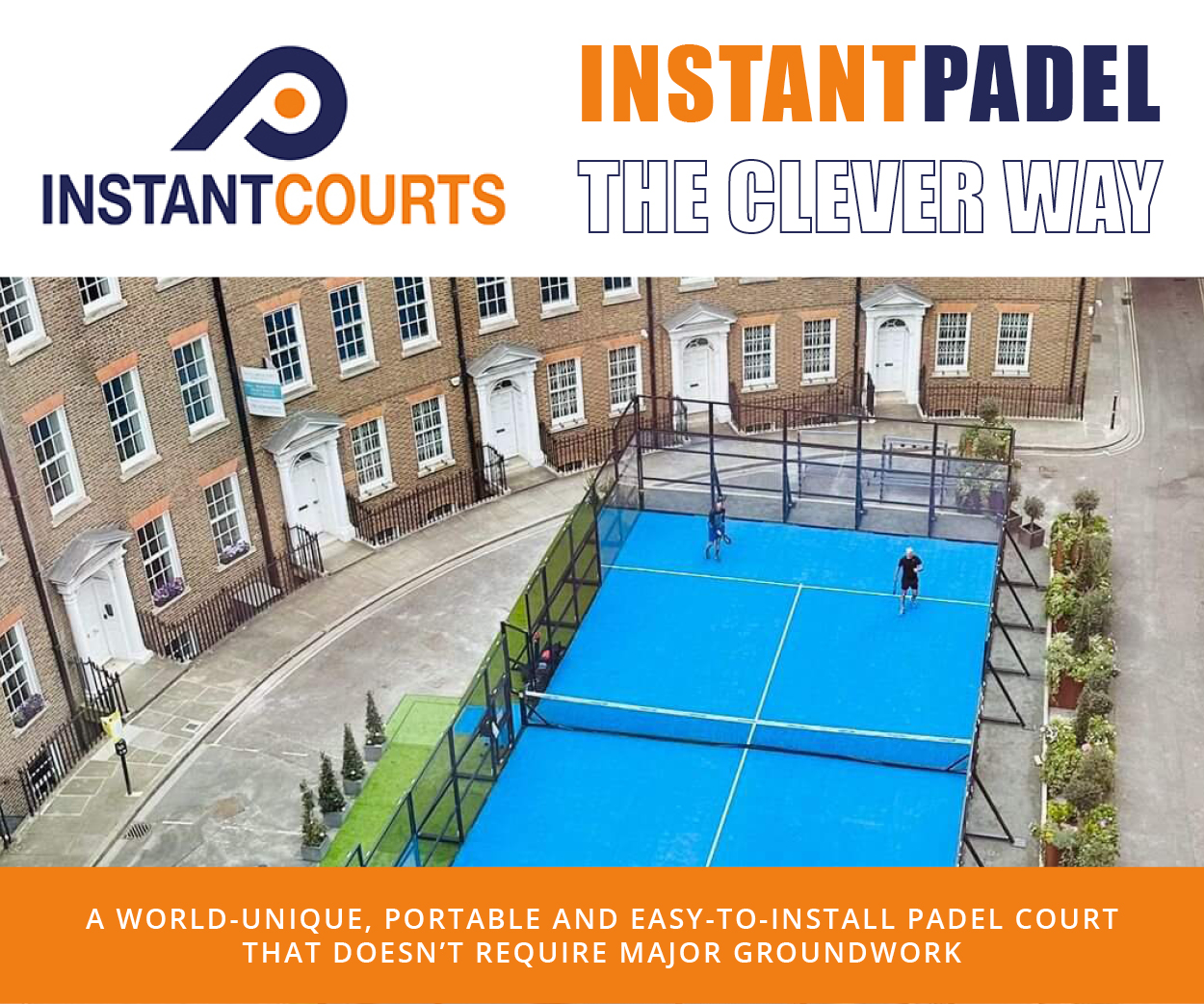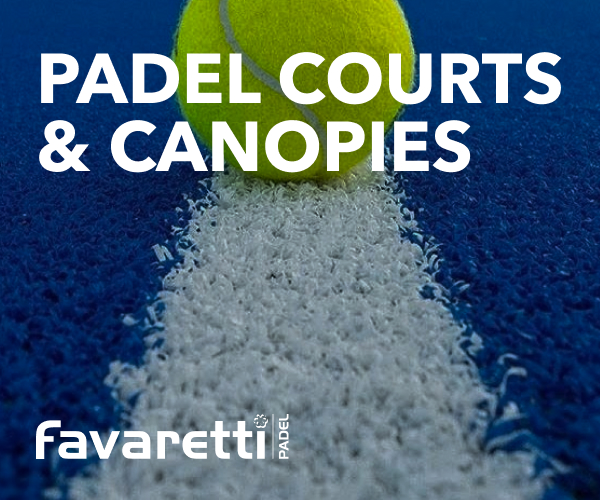Santiago Gomez’s desk in his office at Padel Haus in New York overlooks the club’s four courts. He admits it can be ‘very distracting’ when people are playing, so he turns to face the wall when he has important work to do.
The Mexican entrepreneur and former New York Times award-winning restaurateur opened the Big Apple’s first padel club almost a year ago. It is proving to be very distracting indeed for the denizens of the trendy suburb of Williamsburg.
Over 7,000 people have booked a court in the club’s opening 10 months and there is a waiting list to book at peak times. The club broke even in the first quarter and now turns a profit – and all this from a base of absolute zero padel activity in the city.
Padel Haus initially attracted ex-pats from padel-crazy nations like Spain, Argentina and Sweden, who seized the opportunity of reprising the passion of their homelands. Then there was a second wave of curious local tennis and squash players who wanted to try out this intriguing new hybrid. Word of mouth then brought in a third wave, eager to try the game out and use it as an alternative social venue by having a drink in the club’s plush bar.

These ‘waves’ of players have now formed a vibrant community and some of their children now take part in Padel Haus’ junior programme, led by coach Jordi Massaneda, who will also host summer camps.
“Obviously, bringing a new sport to a city has its challenges,” Santiago tells The Padel Paper. “Initially, we needed to educate a lot of people about what the sport was. We knew it would take some time, but the market is growing and there are more players every day.
“A lot of our investors from Europe, America and Brazil saw the growth of the sport in their own countries and realised the opportunity in the US.
“We’ve been proactive in reaching out to embassies of countries where people play a lot of padel. We’ve done workshops educating people about the sport and have worked with social media influencers. Everyone we’ve worked with wants to help because they love the game.”

Padel Haus has a blended model of pay-and-play and membership. Like most things in New York, it’s not cheap. “We have premium pricing but we offer a premium product,” states Santiago. “People in New York are willing to pay to get that premium experience. It’s a very nice place to hang out.”
Santiago isn’t hanging about in capitalising on the increased demand. Following a successful Series A funding round which raised $7.5million, the club has announced the opening later this summer of a second venue in Dumbo, Brooklyn, overlooking Manhattan.
In addition, Padel Haus is erecting three pop-up padel courts at Domino Park in Brooklyn from June to November (see illustration below), which the public can book using the same Padel Haus app as its Willamsburg customers.

Santiago comments: “It’s definitely risky but we’re building on the experience of Williamsburg in which we created a community out of nothing. The Domino Park pop-up will increase the visibility of padel and show new people what the sport is about. That’s how you expand your potential customer base.”
The club is growing in stature. This weekend (19-21 May), Padel Haus is hosting its first USPA tournament. Earlier this month, the club took a team of 14 to a tournament in San Diego. One of its members, Nico Clerc (son of the famous Argentinian tennis player Jose Luis Clerk) was selected for the LA Beat franchise in the newly-formed Pro Padel League.
Santiago’s plans are ambitious. Within the next three years, he wants to open more clubs in Philadelphia, Washington DC, Boston and Chicago. Longer term, he’s targeting the west coast, south and north west.
“Our courts are full now and I’m excited to see whether we can do the same elsewhere,” says the owner. “Padel has a 92% return rate – everybody who enters a court usually returns.
“It was risky – and it’s still risky – to bet on new padel projects in the US. It’s day zero for the sport here and anything could happen, but based on other countries’ experience, it has all the ingredients to succeed.”










































